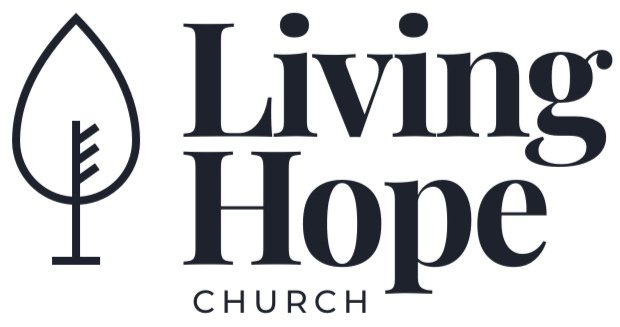Day 96 - A Very Difficult Reading
Not that any of Judges has been an ‘easy’ read, but the end is not only difficult, but disturbing. The reading begins with a concubine who was unfaithful, but a husband who (it appears) truly desired her back and went to her father’s house to kindly bring her home. That time was a picture of hospitality and feasting. The father-in-law could not have been a more generous host. But eventually they had to leave. As the man, his concubine, and his servant travel they came to Jebus, but would not stay there as they were foreigners. They eventually made it to Gibeah and no one offered to host them from the town. In the evening an older man (not from Gibeah but from Ephraim) was kind enough and took them into his house.
As they were enjoying time in this man’s house as he provided hospitality a group of “worthless fellows” surrounded the house. At this point it’s impossible not to think of Genesis 19 and Sodom.
“In that passage Lot offered hospitality to two visitors (angels); a mob eager for homosexual relations with the visitors surrounds his house; Lot counters by offering his two virgin daughters to the crowd; his visitors rescue him and strike the mob with a baffling blindness (Gen. 19:1–11). Unfortunately for the concubine, there were no delivering angels that night in Gibeah. Different outcomes to be sure, but the similarity between Genesis 19:1–11 and Judges 19:22–26 is unmistakable. And deliberate. The writer wants you to view Judges 19 this way. ‘Yes, that’s right,’ he says, ‘it sounds exactly like Genesis 19. It’s the Sodom Connection. Only here you have Sodom-in-the-land-of-Benjamin. Gibeah is “New Sodom.” ’ This is the writer’s way of accusing the people of God. He shows us that even in Israel some have plunged into the moral abyss of Sodom and eagerly wallow in its twisted depravity.” ( Davis, D. R. (2000). Judges: Such a Great Salvation (p. 209). Christian Focus Publications.)
The woman is treated brutally all night long. In the morning her hands are on the threshold of the house and the Levite’s response is sickening - Get up, let us be going (v. 28). Then he takes her home, cuts her in 12 pieces and sends those pieces throughout Israel.
Chapters 20 & 21 don’t fare much better. In 20 the people of Israel eventually run a scorched earth policy on Benjamin (the tribe that treated him so disgracefully). The tribe was down to 600 survivors. And Israel then laments the situation. 3 And they said, “O Lord, the God of Israel, why has this happened in Israel, that today there should be one tribe lacking in Israel?” (Judges 21:3 ESV). But the men of Israel had already sworn they would not give their daughters in marriage to Benjamin (see 21:1). What would they do? Well it turns out one town of Israel hadn’t sent men to fight. So they sent a crack unit to kill all who had been with a woman (and the women and children) and then to bring back virgins for Benjamin. But that only yielded 400…not enough! So then they allowed the remaining 200 men to raid a feast at Shiloh to grab 200 more women. I like what Davis wrote about this chapter: “There is a certain rightness and a certain wrongness about what Israel does. They justifiably requite Jabesh-gilead with unjustifiable severity (vv. 5, 10). They stand consistently upon their wife-oath (vv. 7, 16–18) but trample happily upon the rights of the Shiloh girls and their families (vv. 19–22). It is a mix of consistency and confusion. It is all correct and yet very mistaken.” ( Davis, D. R. (2000). Judges: Such a Great Salvation (p. 221). Christian Focus Publications.)
The book ends with these words: 25 In those days there was no king in Israel. Everyone did what was right in his own eyes (Judges 21:25 ESV). It’s easy to see this, but it’s harder to see God’s grace…and that’s what we need to see. Sodom was destroyed completely. Benjamin was not. Here is how one put, and I think it’s a beautiful summary.
“By these [Israel’s] actions the tribe of Benjamin was preserved. But the Israelites had tackled the problem in a cocky, conceited, highhanded way. How estranged from the Lord’s service Israel had become! How little did it live by His light! It is a miracle that anything came of that people, that justice was practiced, that the fellowship of the tribes was preserved. There is no other explanation for this miracle than that God, in His grace in the Christ, wished to dwell in the midst of that people in spite of its sin.” (S. G. DeGraaf, Promise and Deliverance, 4 vols. (St. Catharines, Ontario: Paideia, 1978), 2:56.)
The grace of God is amazing!
